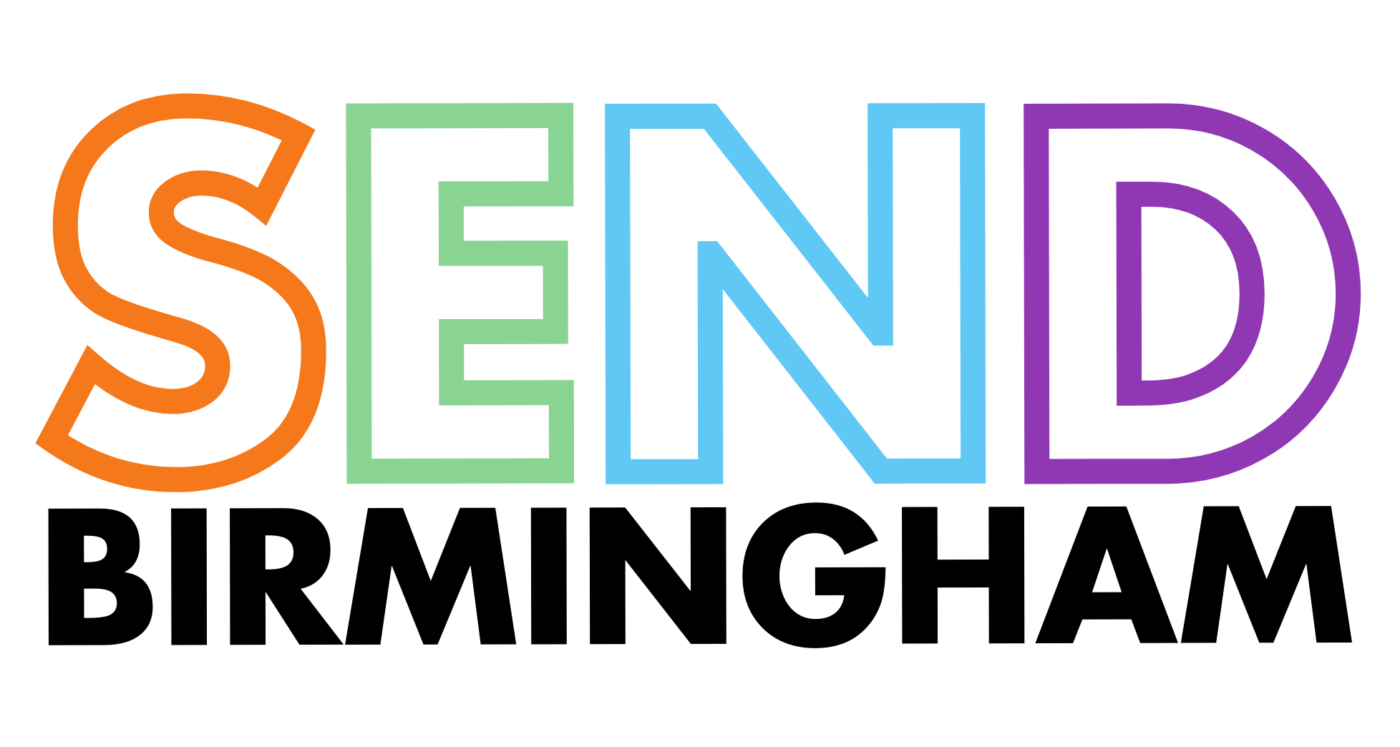Children and Young People's Occupational Therapy Service
Adaptations
What is a Minor Adaptation?
Minor adaptations are smaller changes to the environment which can assist in accommodating pieces of equipment or facilitating general independence. Sometimes the best approach can be to try little changes first, the aim of occupational therapy is always to maximise a persons abilities and independence as much as possible. Minor adaptations include items such as:
- Half Steps
- Grab Rails
- Door Handles
- Safety Locks
- Threshold Strips
- Stair Rails
Making Changes to Your Home Yourself
In the first instance, it may be more practical and effective to seek changes to your home independently. Many items for minor adaptation can be easily purchased in supermarkets, general and homewares stores and are relatively simple changes to carry out. If you are a council tenant or reside within a housing association or privately rented property you may need to seek permissions first.
You may find it beneficial to seek guidance from our Occupational Therapist via the duty and advice line to provide further information on this which may mean that you do not need to wait for an assessment from our service.
Recommended Changes
Following assessment, your Occupational Therapist may ‘recommend’ minor adaptations to support your child, this means to say that based on our professional opinion this may be the most appropriate solution right now.
At this point you can choose to complete changes yourself with any relevant guidance or if you are unable to do this your Occupational Therapist can request the council to complete this for you by making a referral.
If the council completes this for you, they will need to seek any relevant permissions before completing any changes and they can only carry out specifically what has been recommended by your Occupational Therapist.
What is a Major Adaptation?
Major adaptations can be larger changes to the environment which can assist in accommodating pieces of equipment, assisting care and support, or enabling independence. Sometimes the best approach can be to try little changes first, the aim of occupational therapy is always to maximise a persons abilities and independence as much as possible, however sometimes a bigger change to the environment is necessary and if required your Occupational Therapist will discuss with you why this is needed and what you might expect. Major adaptations include items such as:
- Ceiling Track Hoists
- Ramps
- Stair Lifts
- Level Access Showers
- Step Lifts
- Specialist Baths
Making Changes to Your Home
Some families choose to undertake adaptations themselves; we would recommend seeking specialist advice prior to doing so to ensure that the adaptation will meet the intended need. If you are a council tenant or reside within a housing association or privately rented property you may need to seek permissions first. If you have permission or are the homeowner, please consider that there may be additional items to consider such as planning permissions and drainage etc.
You may find it beneficial to seek guidance from our Occupational Therapist via the Duty and Advice line to provide further information on this which may mean that you do not need to wait for an assessment from our service or alternatively you may wish to seek an assessment to assist you in your planning.
Recommended Changes
Following assessment, your Occupational Therapist may ‘recommend’ major adaptations to support your child, this means to say that based on our professional opinion this may be the most appropriate solution right now. It is important to know that we recommend changes and solutions using a graded approach ensuring the least limiting option is tried first to maximise independence and opportunities for development.
At this point you can choose to complete changes yourself with any relevant guidance or your Occupational Therapist can request the council to complete this for you by making a referral to an adaptations team which is dependent on your property tenure (who owns your home).
Where are major adaptation recommendations referred?
Council Housing Adaptations (CHA):
- For council tenants only
- Funded through housing, which may require means testing
- Adaptations are carried out by a council approved contractor
Occupational Therapy Disabled Facilities Grants (OTDFG):
- For owner occupiers, private tenants, housing association residents
- Funded through a means tested DFG
- Adaptations are carried out by a council approved contractor
- ODTFG are a service provided by the Adult Occupational Therapy Service
If the council completes adaptations for you (through either CHD or OTDFG), they will need to seek any relevant permissions before completing any changes and they can only carry out specifically what has been recommended by your Occupational Therapist. Adaptations may take time depending on demand levels and permissions needed, the Children and Young People’s Occupational Therapy Service may not receive further information regarding your adaptation and direct contact is recommended for up to date and clear updates.
Please note that if you undertake works independently, you cannot seek retrospective funding.

